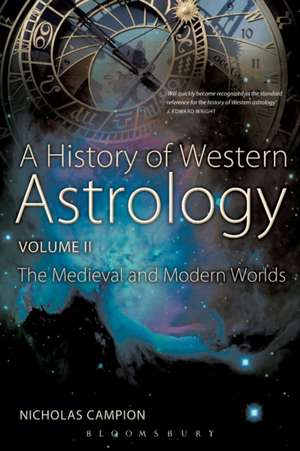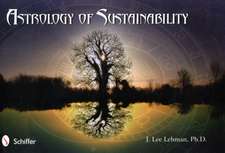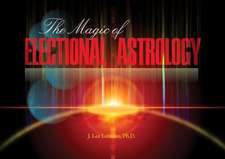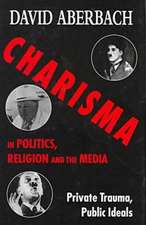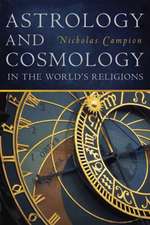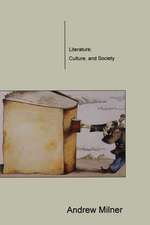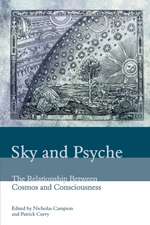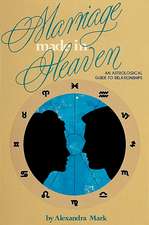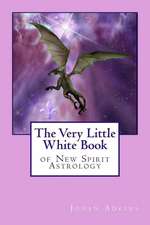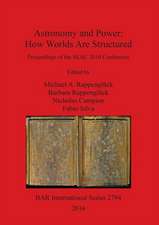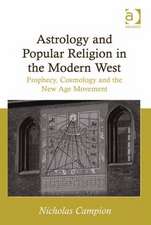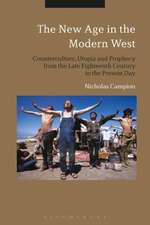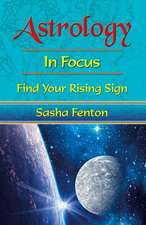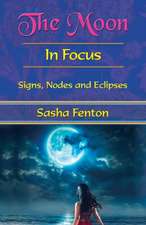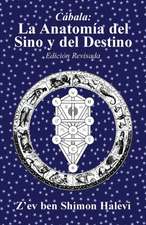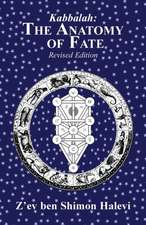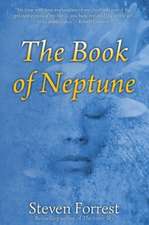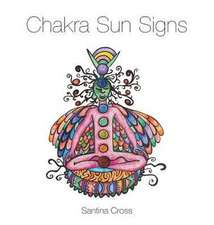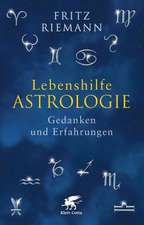A History of Western Astrology Volume II: The Medieval and Modern Worlds
Autor Dr Nicholas Campionen Limba Engleză Paperback – 15 apr 2009
Astrology is a major feature of contemporary popular culture. Recent research indicates that 99% of adults in the modern west know their birth sign. In the modern west astrology thrives as part of our culture despite being a pre-Christian, pre-scientific world-view.
Medieval and Renaissance Europe marked the high water mark for astrology. It was a subject of high theological speculation, was used to advise kings and popes, and to arrange any activity from the beginning of battles to the most auspicious time to have one's hair cut. Nicholas Campion examines the foundation of modern astrology in the medieval and Renaissance worlds. Spanning the period between the collapse of classical astrology in the fifth century and the rise of popular astrology on the web in the twentieth, Campion challenges the historical convention that astrology flourished only between the twelfth and seventeenth centuries.Concluding with a discussion of astrology's popularity and appeal in the twenty-first century, Campion asks whether it should be seen as an integral part of modernity or as an element of the post-modern world.
Preț: 142.97 lei
Preț vechi: 231.76 lei
-38% Nou
27.36€ • 28.62$ • 22.73£
Carte tipărită la comandă
Livrare economică 03-17 aprilie
Specificații
ISBN-10: 1441181296
Pagini: 392
Ilustrații: 20
Dimensiuni: 156 x 234 x 28 mm
Greutate: 0.54 kg
Editura: Bloomsbury Publishing
Colecția Continuum
Locul publicării:London, United Kingdom
Descriere
Astrology is a major feature of contemporary popular culture. Recent research indicates that 99% of adults in the modern west know their birth sign. In the modern west astrology thrives as part of our culture despite being a pre-Christian, pre-scientific world-view.
Medieval and Renaissance Europe marked the high water mark for astrology. It was a subject of high theological speculation, was used to advise kings and popes, and to arrange any activity from the beginning of battles to the most auspicious time to have one's hair cut.
Nicholas Campion examines the foundation of modern astrology in the medieval and Renaissance worlds. Spanning the period between the collapse of classical astrology in the fifth century and the rise of popular astrology on the web in the twentieth, Campion challenges the historical convention that astrology flourished only between the twelfth and seventeenth centuries.
Concluding with a discussion of astrology's popularity and appeal in the twenty-first century, Campion asks whether it should be seen as an integral part of modernity or as an element of the post-modern world.
